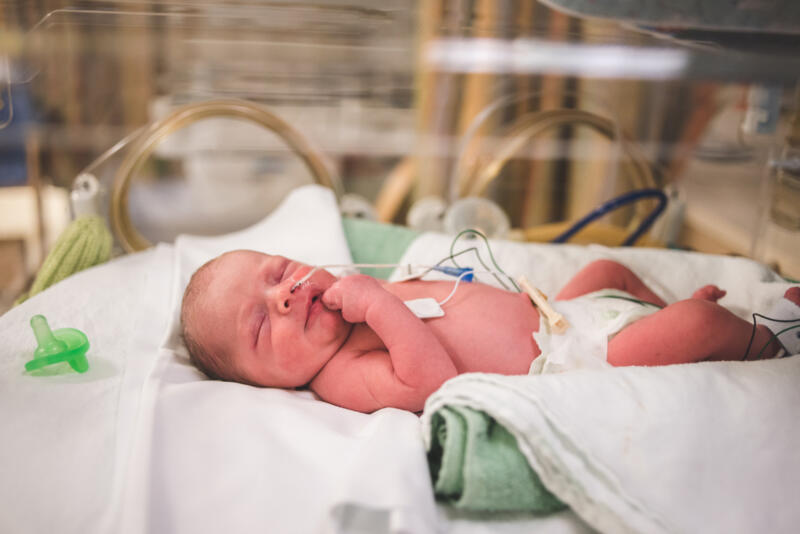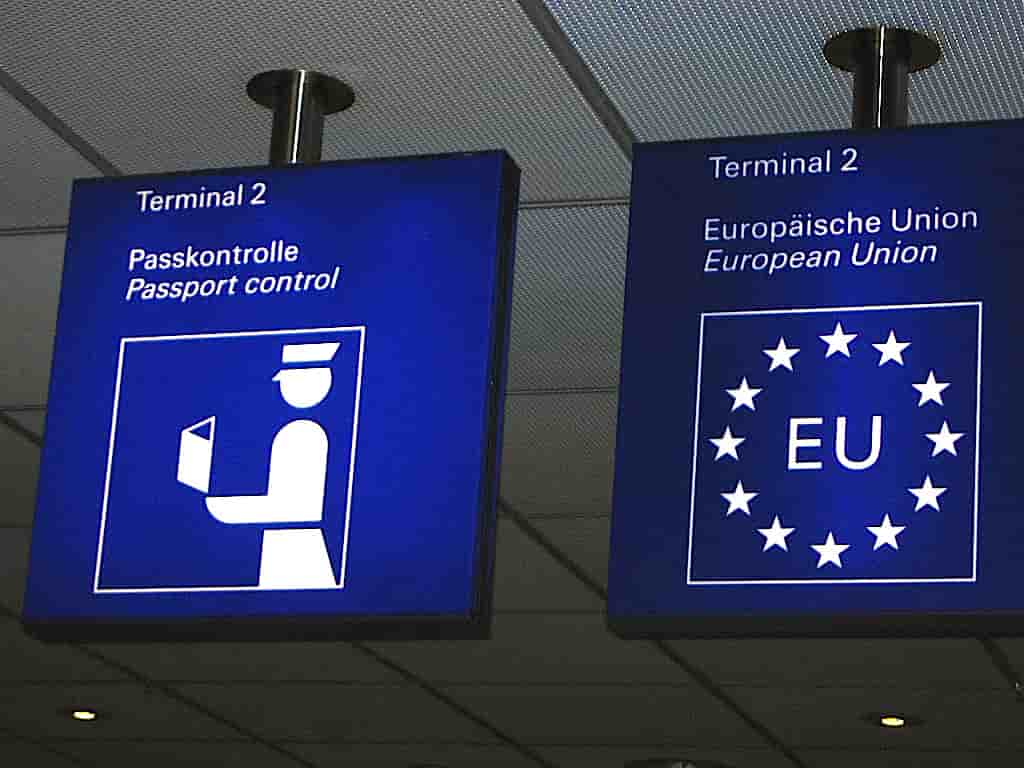The provisions for birthing in Canada by non-nationals are simple, and the most essential thing is to obtain your temporary resident visa, which will offer you entry into Canada. While making an application for the temporary resident visa, you are required to reveal that you are pregnant and desire to give birth in Canada.
Canada is an advanced nation, and several individuals are relocating to the Maple Leaf nation by the millions. Another path people obtain their future in a developed country like Canada is by birth in Canada. However, if a child is delivered in Canada, that child naturally gets Canadian citizenship. Even if the child is birthed to parents who are not nationals of Canada or permanent residents, automatically, the child is a citizen of Canada.
Simply put, non-residents of Canada may migrate to Canada to give birth to their child. First, you should understand the essential requirements for birthing in Canada for non-residents. So, this article will point out the provisions, advantages, and expenses for individuals desiring to migrate to Canada to deliver their child.
Table of Contents
Obtaining Temporary Residents in Birth a Child In Canada
A person may receive a TRV to give birth to a child in Canada. This visa is short-term and often authentic for six months or less. This visa permits the pregnant person to go to Canada to visit family and friends while simultaneously allowing the woman to visit the hospital and require support to give birth.
Hence, the visa does not permit the female to assert medical or social advantages granted to Canadian nationals and PR. Also, it does not allow the woman to remain permanently in Canada, make a citizenship application, or attempt to make an application for Canadian-provided documents. On the contrary, the visa only permits the woman to visit the hospital and make payments for therapies and treatments to deliver her child. However, whenever the woman delivers the child, automatically, the child becomes a Canadian national and may affirm a Canadian passport even if the parents are nationals of Canada or permanent residents.
Advantages of Giving Birth in Canada by Non-Residents
Any baby birthed in Canada, notwithstanding the status of the parents, becomes a Canadian national automatically. The only exclusion is a child birthed to identified diplomats in Canada.
Therefore, when you have satisfied the provisions for birthing in Canada as a non-resident, you must understand that several advantages are connected to birthing a child in Canada as a non-resident.
Some of the advantages have to do with:
- The freedom to settle in Canada or take a trip to Canada without a permit or visa
- Canadian nationals enjoy the liberty to obtain and enjoy unrestricted health care, education, and social advantages.
What the Law States About Non-Residents Giving Birth in Canada
With the guarantee of Canadian citizenship for the newborn child, the administration protects and defends the liberty of non-residents to deliver a child in Canada. We will elucidate what Canadian Immigration Law states concerning this.
Based on section 3(1)(a) of the Canadian Citizenship Act, any person born in Canada is automatically considered national. This means that non-Canadian parents are permitted to deliver their babies in Canada to award the child citizenship. The law proceed to support this freedom applied to all babies, irrespective of the parents’ citizenship status.
Should you find this piece engaging, we kindly invite you to explore the wealth of content in our other articles:
- How to Extend Visitor Visa After Six Months Stay in Canada
- Overview Of Canada Permanent Residence Fees For Economic Immigration Routes In 2024
- New Applications for Canada Caregiver Programs Available from January 2024
- 10 Hidden Gems In Canada With Astonishing Views
- How Can the IELTS Practice Test Enhance Band Score
The Immigration and Refugee Protection Act offers additional lawful protection for birthing Canadian PR (IRPA). This ruling declares that birthing in any Canadian healthcare institution does not violate the terms or conditions that international patients must satisfy.
Provisions for Birthing in Canada for Non-Residents
Listed are the visa provisions for birthing in Canada for non-residents, and it is the same provisions for a visitor visa.
- The woman is required to be 18 years and above to make an application for the visa.
- The woman must possess an authentic passport provided by your administration with at least one blank page, which is not the last page.
- The woman must possess a clean criminal record and present court documents to ascertain it.
- The woman has to be prepared to make payment of the applicable visa application fees and visa processing charges.
- The woman is required to present duplicates of her present immigration status in another nation or Canada.
- The woman is required to possess sufficient funds to protect her stay in Canada.
- The woman must possess sufficient funds to make payment for her hospital visit to birth a child.
- The woman must be prepared to go for an interview or provide biometric details if relevant.
- The woman must be prepared to perform a medical test if the Canadian embassy requests her to.
- The woman is required to indicate that her visit to Canada is temporary and that she will come back to her home nation after she delivers her child.
- The woman must indicate that she does not intend to get a job or study in Canada.
Suppose the woman does not satisfy these provisions. In that case, the Canadian embassy Will need additional evidence and permit her to present additional documents to persuade them they should provide her with a visa.
Hence, before providing a Temporary Resident Visa to the pregnant woman, three aspects have to be considered:
- Does the candidate possess enough funds to settle in Canada?
- Will they exit Canada at the end of their duration of approved stay?
- Are they accepted in Canada?
Processes
Birthing in Canada as a non-resident does not need many procedures; however, you must consider observing the following processes if you desire to give birth in Canada as a non-resident.
- Make your decision that you want to deliver your child in Canada.
- Make an application for a Canadian temporary resident visa.
- If your provisional resident visa application is approved, land in Canada.
- Deliver your baby in Canada in any Canadian hospital of your selection.
- Apply for your child’s birth certificate and the baby’s birth Canadian passport.
- Return to your home nation.
The Expense of Giving Birth in Canada
The expense of birthing in Canada for non-residents is based on several aspects, and the charges differ. The average cost of delivering your child in Canada with a TRV varies from CAD 5,000 to CAD 20,000. This fee is based on the following aspects:
- The region you determine to have your child. The cost of birthing in some areas is higher than in others. Therefore, you can decide to go to a region where the health care expense is low.
- The medical establishment you select to handle the healthcare. Hospitals tend to be more expensive than midwifery.
- The kind of delivery. This can either be a standard delivery or a Cesarean section.





